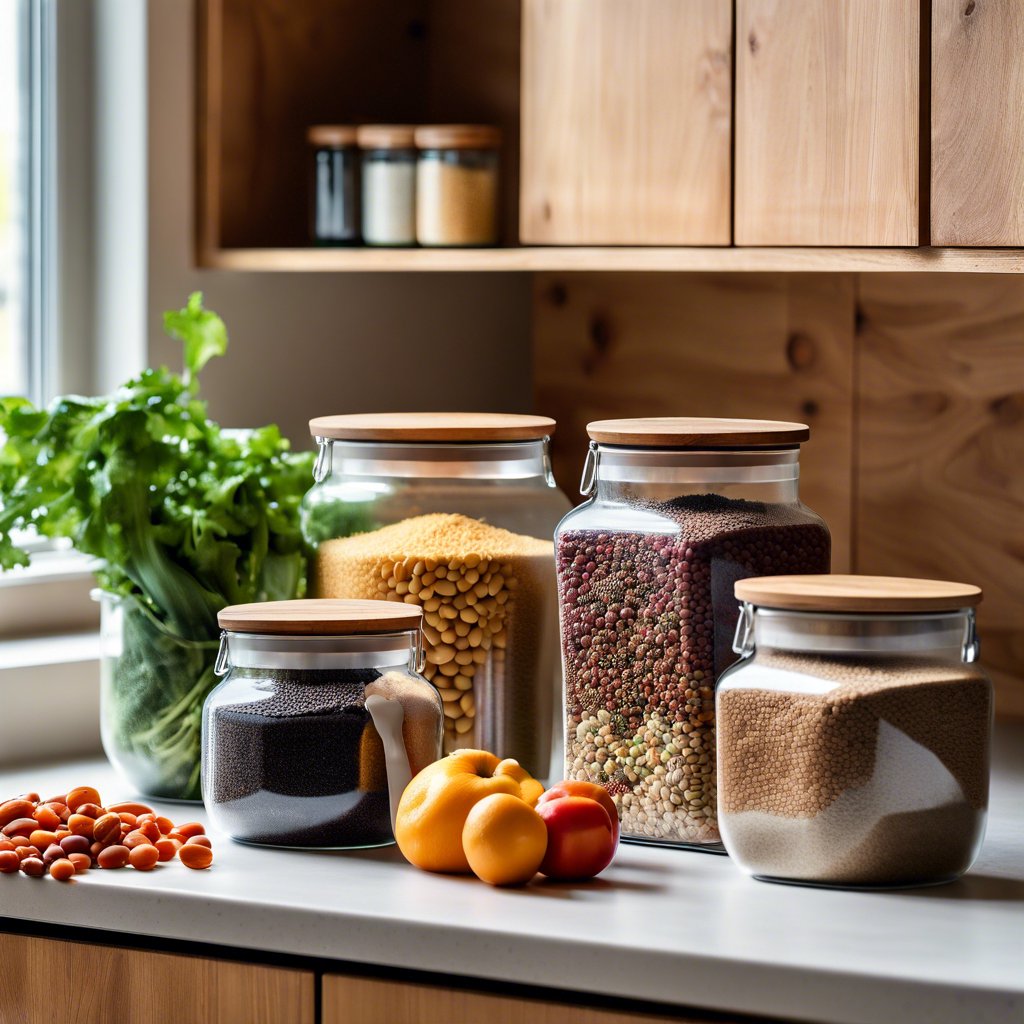Understanding the Impact of Food Waste
Food waste is not just an environmental issue; it has far-reaching consequences on our economy and society. According to the Food and Agriculture Organization (FAO), about one-third of the food produced globally for human consumption is wasted each year. This staggering statistic invites us to reconsider our kitchen habits. By adopting minimalist strategies, we can significantly reduce this waste, benefiting both our wallets and the planet.
Smart Planning: The Foundation of Minimalism
A minimalist approach in the kitchen begins with thoughtful planning. By investing time in meal preparation and grocery shopping, we lay the groundwork for minimizing waste. Here are some strategies to consider:
- Meal Planning: Design a weekly menu that utilizes ingredients across multiple meals.
- Shopping Lists: Create a detailed shopping list to prevent impulse buys and ensure you purchase only what you need.
- Portion Control: Be mindful of serving sizes to avoid cooking excess food that may go uneaten.
Implementing these practices can help in realizing a more efficient kitchen that respects both resources and time.
Creative Solutions for Leftovers
Leftovers can often feel like a burden, but with a little creativity, they can be transformed into delightful new meals. Instead of discarding what remains on your plate, consider these innovative approaches:
- Reinventing Meals: Use leftover vegetables in stir-fries, soups, or salads. A little imagination can turn yesterday’s dinner into today’s lunch.
- Freezing Wisely: Freeze surplus items such as fruits, bread, or cooked meals for future use, ensuring they don’t go to waste.
- Composting: If food scraps are inevitable, consider composting organic waste to create nutrient-rich soil for your garden.
By embracing these creative solutions, we can not only reduce waste but also enhance our culinary experiences.




